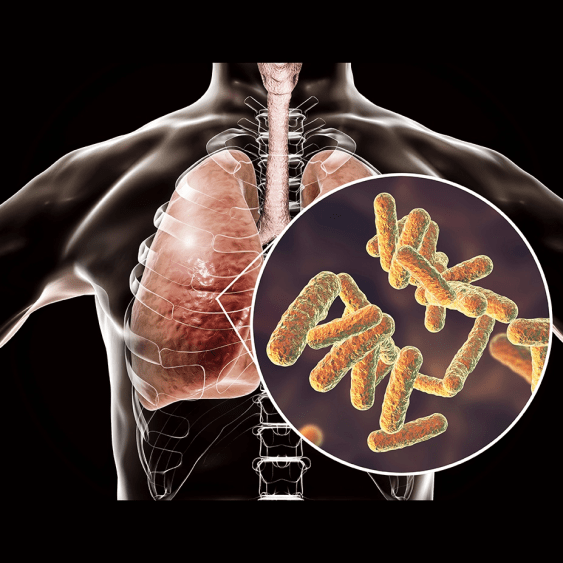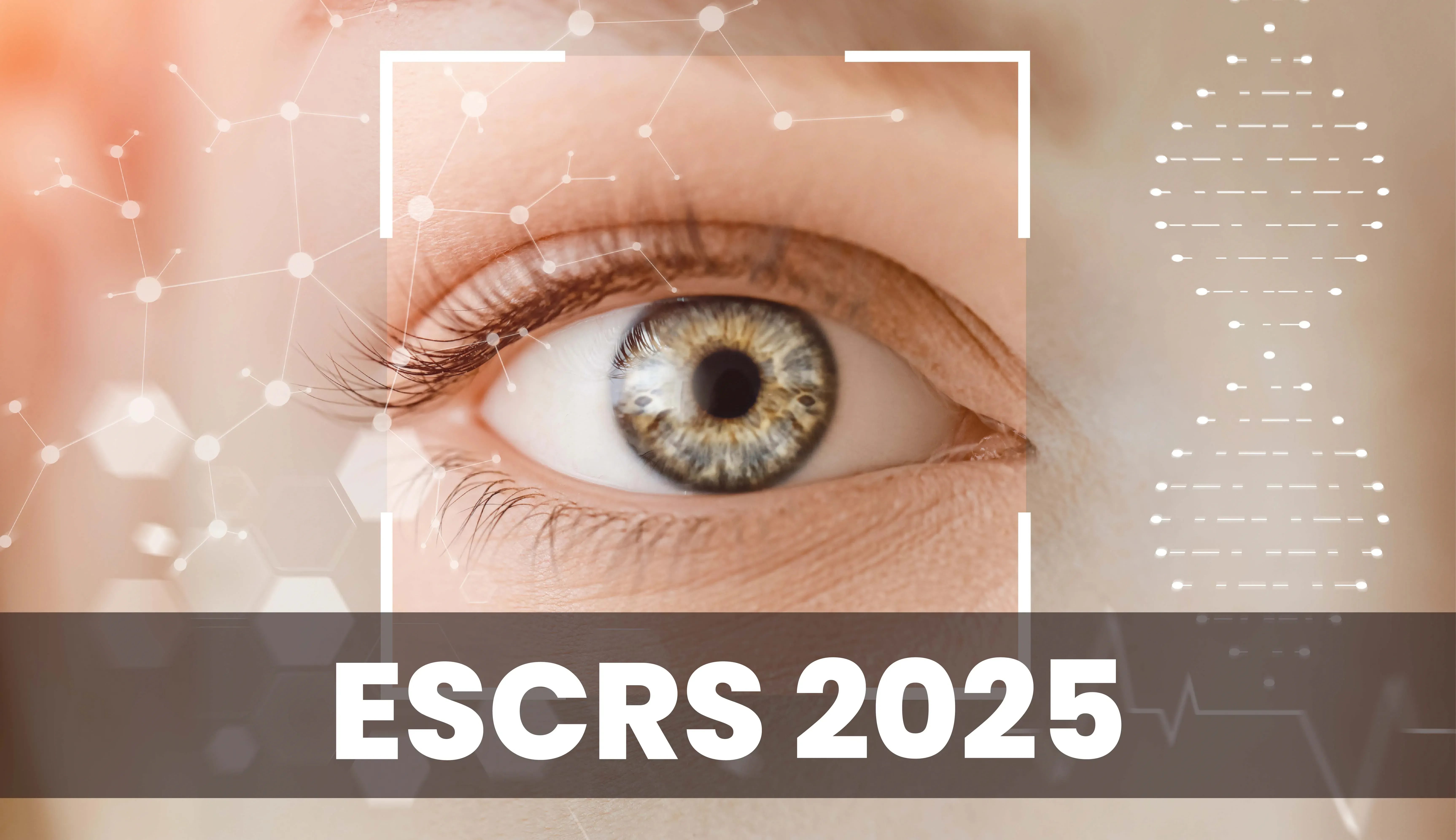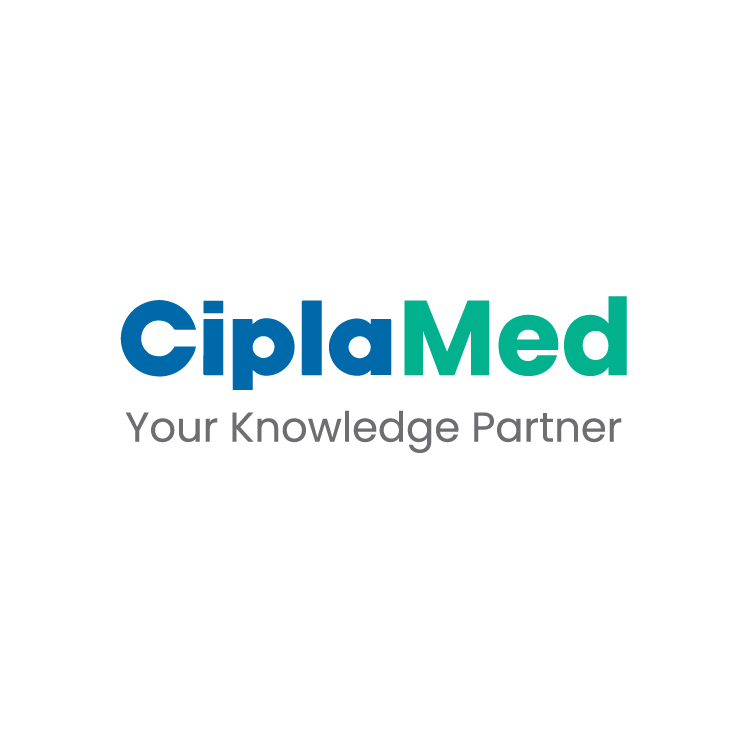ESCRS 2025: Endothelial Keratoplasty
6-Month Data Analysis of Clara; A Phase 1/2 Prospective, Parallel-Arm, Dose Ranging, Multi-Center, Double Masked Clinical Trial of Investigational Human Corneal Endothelial Cell Therapy for Corneal Edema Secondary to Corneal Endothelial Dysfunction
Presenter: Michael Goldstein
The CLARA clinical trial evaluates the efficacy and safety of a single dose of human corneal endothelial cells (CECs) combined with Y-27632 Rho-Kinase Inhibitor (AURN001) versus CECs alone and Y-27632 alone in subjects with corneal edema. Conducted at 20 sites across the USA and Canada, the Phase 1/2 trial enrolled 97 subjects. The primary endpoint is the proportion achieving a ≥15-letter improvement in best corrected visual acuity (BCVA) at six months.
Results show a dose-dependent improvement in BCVA and central corneal thickness (CCT), with quality-of-life gains per VFQ-25 scores. The treatment was well tolerated with no serious adverse events or graft rejections. Completion is expected in early 2025.
Effectiveness of Enoxaparin in Preventing Intraoperative Fibrin Formation During Dmek: A Before-and-After Study
Presenter: Pablo De Arriba Palomero
A before-and-after study at Ramón y Cajal University Hospital (Madrid) and other Spanish centers evaluated enoxaparin added to irrigation saline to prevent intraoperative fibrin formation (IFF) during Descemet membrane endothelial keratoplasty (DMEK) surgery. Among 265 cases, IFF incidence was 5.43% without enoxaparin versus 0% with enoxaparin. The risk ratio was 0, with a number needed to treat of 18.42 to prevent one IFF event. No significant differences were seen in donor characteristics, rebubbling rate (16.98%), final endothelial cell density, or best corrected visual acuity. Enoxaparin was safe with no intraoperative complications or bleeding, making it a cost-effective prophylaxis to prevent IFF and potential costly transplant failures.
European Society of Cataract and Refractive Surgeons (ESCRS) Congress 2025, September 12-16, Denmark




